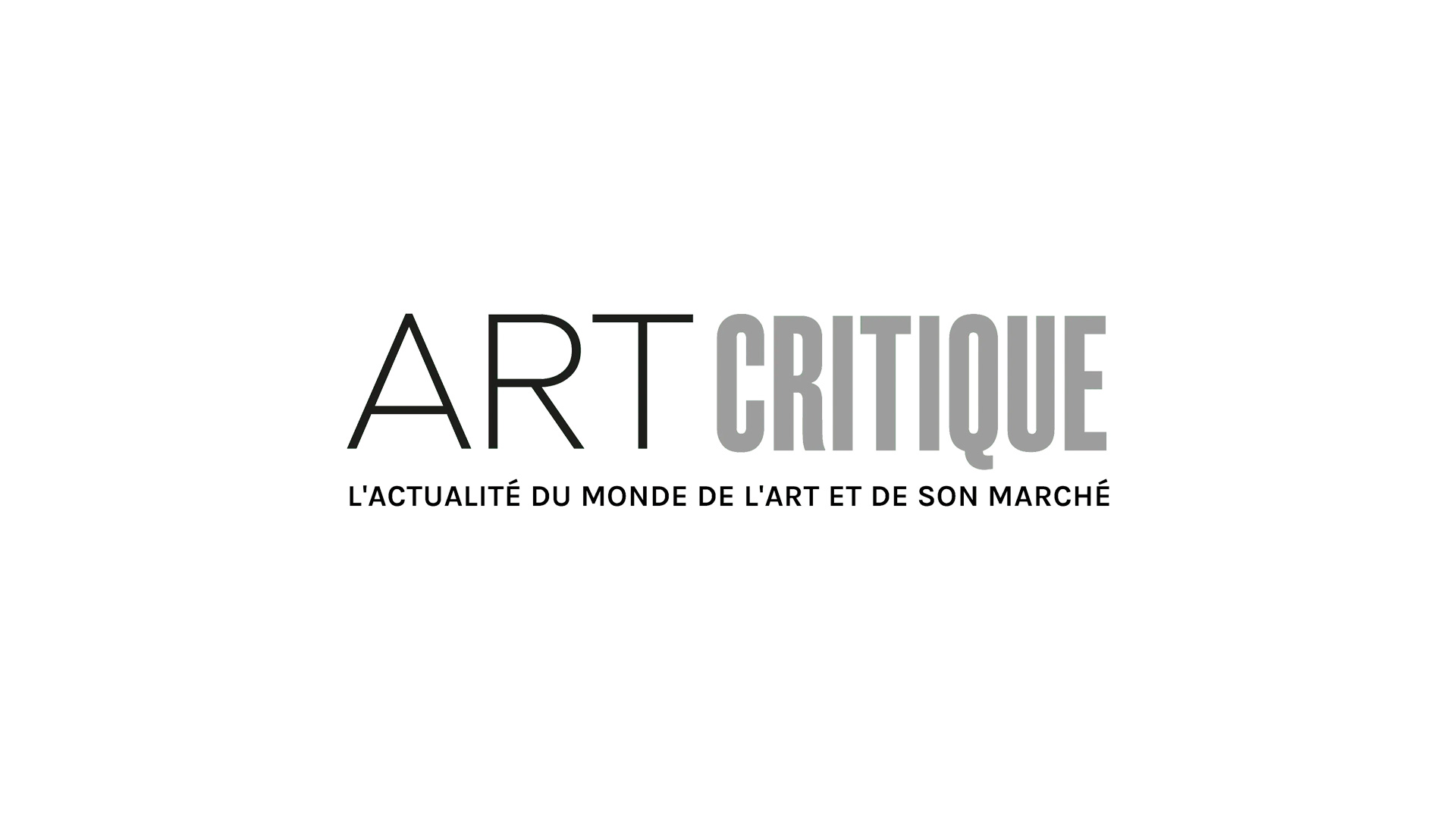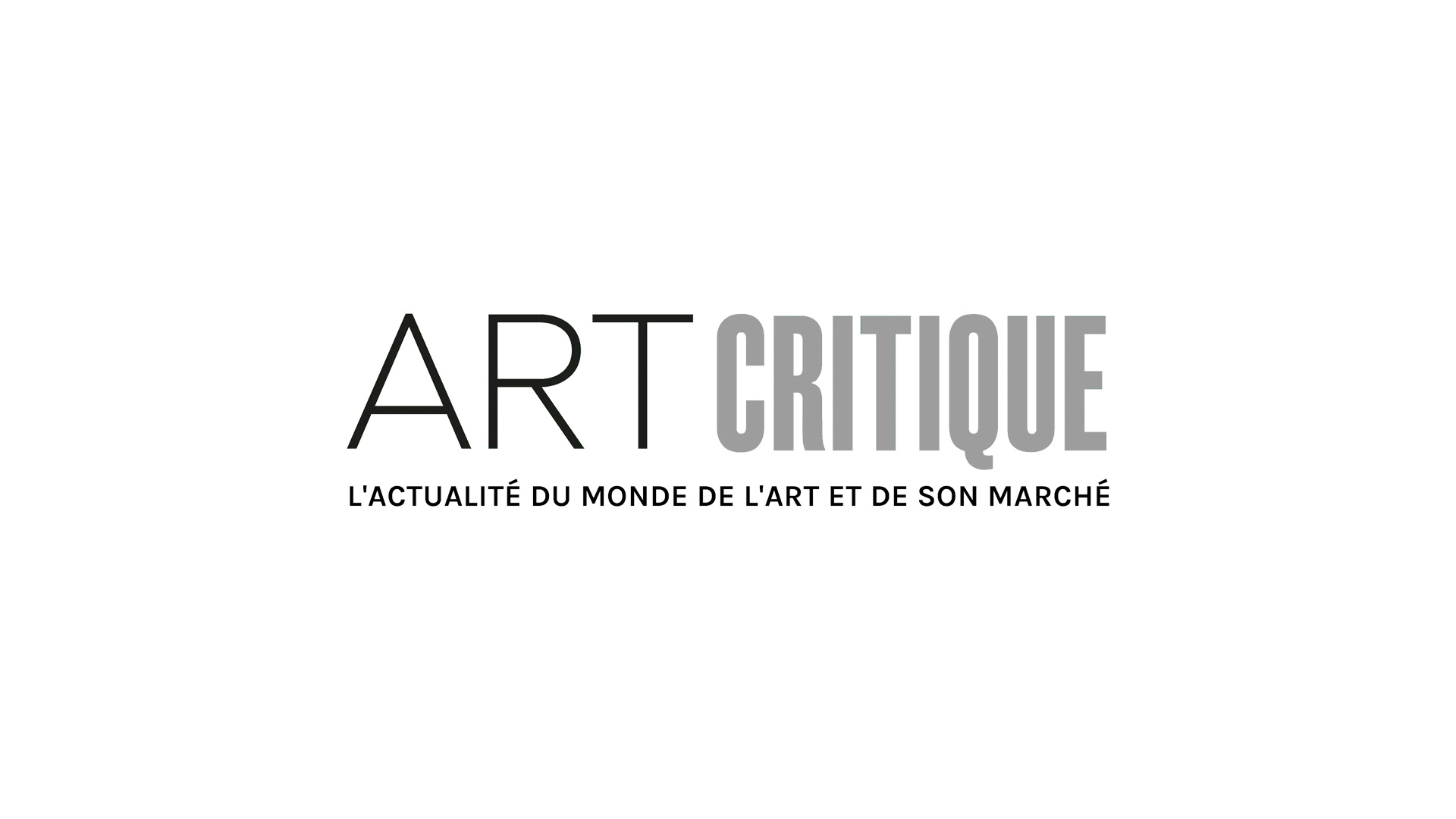I recently attended a performance of Romeo and Juliet at the National Theatre School in Montréal. It was the end of semester performance for the acting students concluding their second of three years in the school’s program. And it was a good and interesting performance, the roles of Romeo and Juliet both being double cast and exchanged between scenes, giving a more tangible excitement to those private adolescent musings; the classic monologues became a much more lively way for the young lovers to explore their thoughts. But throughout the entirety of the performance, it was the very first moment of this production that was occupying my mind: the land acknowledgement.
If you’ve been out to see a play in North America over the past few years, chances are you have heard some variation of a land acknowledgement, a speech often delivered by a production member that shares the traditional name of a region and the Indigenous groups that call that land home. It seeks to acknowledge the fact that any art created in this nation is done so atop land forcibly colonized, to the irreparable detriment of its Indigenous peoples. It has become a norm at the start of theatrical productions, and is now finding foot in other artistic forms as well.
However, despite this being a seemingly well intentioned trend, there are a fair share of critics of its usage. While some Indigenous artists believe it is a step in the right direction, there are rising numbers of people who are viewing land acknowledgements as little more than lip service. Which is easy to understand when so many issues for Indigenous peoples are left unresolved in favour of the truism of publicly stating whose home this continent was long before us. While the first time I heard one I was surprised and proud to hear a company giving importance to sharing this messages with their audience, scripted statements of a region’s traditional name and inhabitants from a white artist rings a bit hollow after the umpteenth time. This is why the acknowledgement at the start of this production of Romeo and Juliet stood out so much to me.
The National Theatre School being a national institution, students come from all across Canada, as well as from the United States. And it was in this vein of thinking, it seems, that each student would simply speak the traditional name of their own hometown and the peoples that called it home before them, in a gradual and gentle address. These statements by the cast were book ended by Wahsonti:io Kirby, hailing from Kahnawake, Quebec, who played the combined role of Lady Montague and Mother Laurence. And it was her words at the top of the show that brought my mind to attention, the words of a language never taught in our school system. And just as my ears understood what I didn’t understand, the actors had carried on into their individual acknowledgements. And as Kirby closed the moment with another phrase I didn’t grasp, the show had begun (although it wouldn’t be the last time I heard the sounds of this language, as she peppered her performance with phrases of it), and I sat there realizing that this was the first land acknowledgement I’d experienced that had an Indigenous artist as a central part of it.
Maybe it was the broader sense of this nation’s Indigenous roots presented in a less sterile and formal manner, maybe it was the fact that this pre-show moment sought not to make room but to give back room to Kirby’s cultural heritage, her language occupying a normalized space as important as any other aspect of the production. But there was something different about this effort towards presenting audiences with a culture and history often shut out from their usual art and media consumption. And if their choice made even a single audience member walk out of the theatre with a lasting thought about Indigenous issues, then I think it was a success.
Oh, right, the play. Spoiler alert: Romeo and Juliet die at the end.





